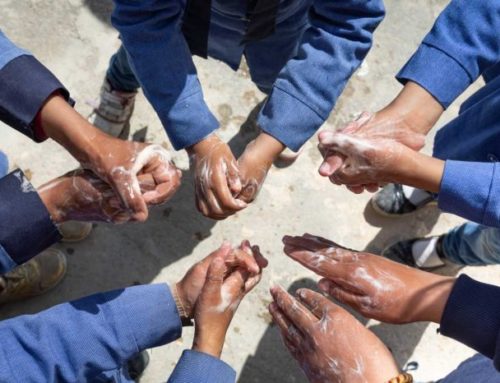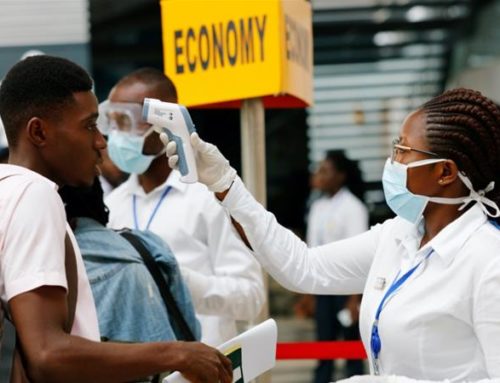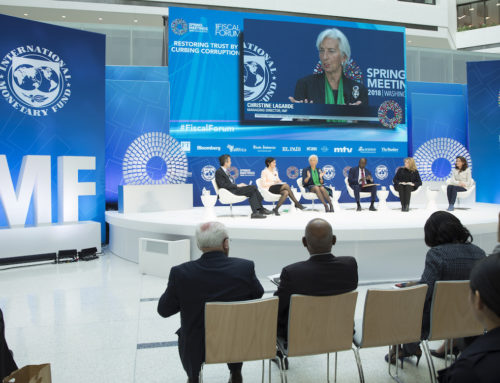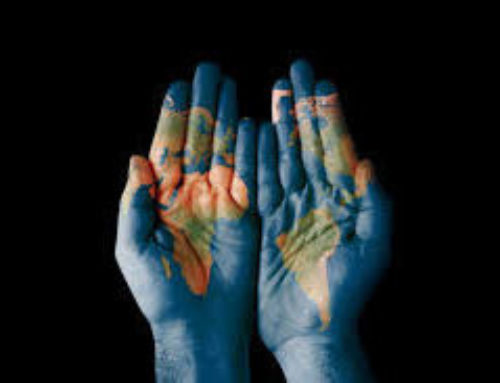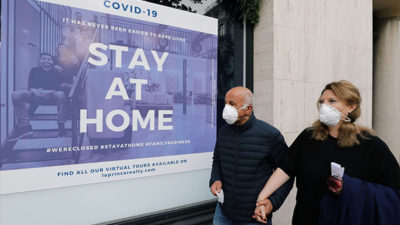
(PC: Washington Post)
With the outbreak of COVID-19, we have quickly become aware of how fleeting our peace and happiness can be, and vulnerable our life is essentially constituted. For a privileged few, social network mediums have compelled a shift of tact to keep connected to their loved ones and to maintain business activities. But for a large majority, internet is a luxury they cannot afford.
In these times, we are receiving painful and challenging messages that evoke in us some kind of revolt as we ask ourselves what will become of us and how long will this go on. Thoughts of what might happen disrupt our peace of mind. As such, every one of us needs an anchor of strength to keep ourselves from being swept away by the waves of worry and fear.
In the midst of this suffering, the slogans of social distancing, self-isolation and stay home in order to stay safe cannot be overemphasized. Before COVID-19, it was unheard of to be encouraged to keep away from our acquaintances.
Of course a radical adjustment was needed to halt the destructive spread of COVID-19. The problem, however, is when measures taken undermine the fate of the least advantaged among us (Eph 4:32). How does a homeless person stay home? We can imagine the impact of the COVID-19 on those in refugee camps, prisons, slums, and the street kids. The virus presents great risks for those who are already struggling to access good health and housing and hygiene services. The current COVID-19 and its aftermath’s consequences on the poorest are potentially devastating.
Even help will be hard to gather. We know that many faith based charity organizations depend on Church collections or on special fundraisings during concerts or sport events or dinner gala, all of which have been shut down. And those which depend on government subsidies may as well struggle to resume due to foreseeable economic recessions that are to follow the COVID-19 period.
One of the consequences is that the poor may look like a burden to us. Here we have to recall the words of Pope Paul VI: “It will be necessary above all to abandon a mentality in which the poor – as individuals and as peoples – are considered a burden, as irksome intruders trying to consume what others have produced… the advancement of the poor constitutes a great opportunity for the moral, cultural and even economic growth of all humanity” (Populorum Progressio, #28). May this struggle bring into our minds those at the margins of our society, that we may respond to their cry by actualizing Jesus’ mission statement: “freedom for the prisoners, recovery of sight for the blind, and release of the oppressed” (Luke 4:18). We have to mind beyond lockdown and physical distancing.
There is a genuine call to compassion in a time of covid-19. A call to be with others in their suffering. A call to enter into their pain in such a way that one is no longer an observer but an active participant.
Aaron Ndamyumugabe







